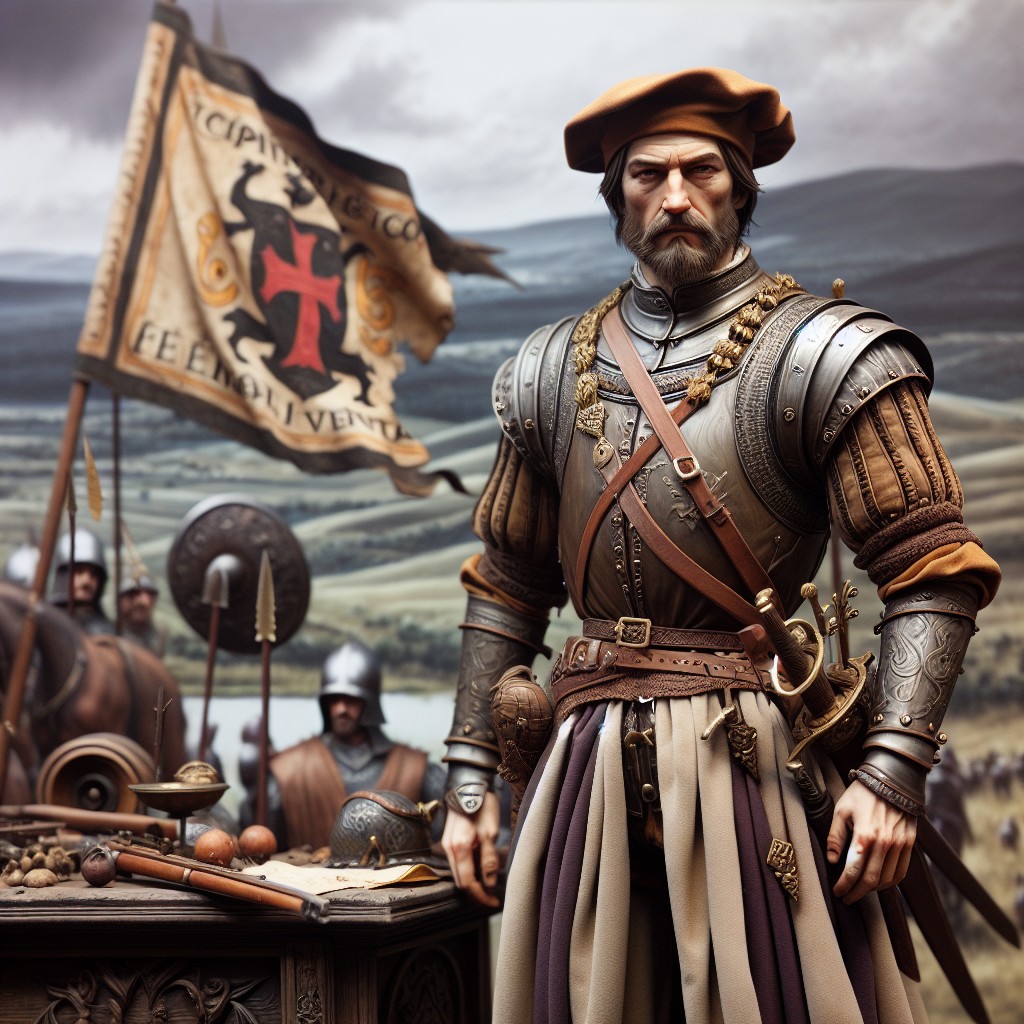The faceless Genoese hero
Giovanni Giustiniani Longo against Mohammed II

Giovanni Giustiniani Longo, Genoese captain of fortune - Image created with AI
On May 29, 1453, Constantinople (formerly Byzantium) was on the verge of falling under the blows of Ottoman artillery, destined to become today’s Istanbul. To defend the city, Emperor Constantine XI had requested reinforcements not only from the Christian kingdoms of the West but also from the two maritime republics of Venice and Genoa, which had long maintained profitable commercial relations—even with the Sultan.
Genoa had a significant colony, Galata, located at the entrance of the Bosphorus, where it flourished through trade with both the Byzantines and the Turks. To avoid antagonizing either side, the Genoese Doge, Pietro Fregoso, decided to send “only” two galleys with 700 men, led by a skilled commander: Giovanni Giustiniani Longo (1418–1453).
Born into a noble and ancient Genoese family renowned for their expertise in commerce, Giovanni was appointed consul of Caffa in 1448 but was deposed in 1450. He returned to his family’s trading activities before turning to maritime raids, which bolstered his reputation as a warrior. In 1452, the Doge called on him to assist Constantinople.
Upon his arrival in the capital, Giovanni was welcomed as a hero by Constantine XI, who knelt and kissed him, offering him complete command of the city's defense. The salvation of Constantinople lay in the hands of an Italian. Although he quickly realized the desperate situation, Giovanni accepted the role of defender—motivated also by a significant reward—and took charge of the most critical section of the Theodosian Walls.
Longo and his men repeatedly repelled Ottoman assaults with extraordinary courage. Giovanni himself fought valiantly on the front lines, earning personal thanks from the Emperor during the final mass before the city's fall. During the last siege, while trying to repel the Janissaries, Giovanni was gravely wounded. His men carried him to Chios in Greece, where he succumbed to his injuries on June 1.
Without his leadership, the city fell, but Giovanni's bravery was so remarkable that Sultan Mehmed II himself honored him upon his death. There is no surviving iconography of Giovanni Giustiniani Longo, so the face of the Genoese hero remains unknown.
David Nicolle, La caduta di Costantinopoli 1453, LEG Editions, 2015
Carlo Capra, Storia Moderna 1492-1848, Le Monnier, 2021
2025-08-17
Salvatore Ciccarello
